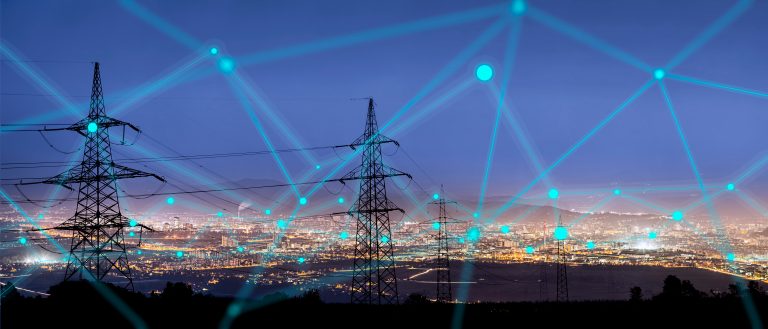Jakarta – The government is preparing an investment of up to Rp600 trillion to strengthen the national transmission network, which will serve as the backbone of the ASEAN Power Grid (APG), the Ministry of Energy and Mineral Resources (MEMR) said on Thursday, October 16.
According to MEMR, this initiative is part of Indonesia’s ambition to become an energy hub in the region, in line with the growing energy demand in Southeast Asia, which is projected to surge sharply over the next decade.
“With the rapid growth of electricity demand in the region, inter-grid integration in ASEAN is a necessity. Indonesia is ready to play its role as a regional energy hub,” said Deputy Minister of Energy and Mineral Resources Yuliot after attending the 43rd ASEAN Ministers on Energy Meeting (AMEM) in Kuala Lumpur.
Through its Electricity Supply Business Plan (RUPTL), the government has set a target of constructing 48,000 circuit kilometres of transmission lines over the next decade. The development is aimed not only at strengthening the national electricity supply, but also at supporting cross-border interconnections among ASEAN countries.
“We estimate the total investment at around Rp600 trillion. It will not come solely from the government, but will also open opportunities for private sector participation in developing the national grid and interconnection systems between countries,” Yuliot explained.
Electricity cooperation with Malaysia as a showcase
Efforts to advance ASEAN electricity integration are already underway. Indonesia and Malaysia have initiated interconnection cooperation, particularly along the Kalimantan border region. Under this scheme, Indonesia imports around 200 megawatts (MW) of electricity from Malaysia to supply areas not yet connected to the national grid.
“This cooperation has been ongoing for some time and is currently in the process of permit renewal. The government continues to facilitate stronger cross-border electricity integration,” said Yuliot.
At the 43rd AMEM forum, Indonesia reiterated the importance of pursuing a fair, orderly, and inclusive energy transition that takes into account the economic and social conditions of each member state. “The energy transition in ASEAN must ensure that no country is left behind. Energy security and affordability must remain priorities alongside sustainability,” Yuliot said.
This commitment to interconnection and a just energy transition aligns with the ASEAN Community Vision 2045, which positions energy cooperation as a cornerstone of regional economic integration.
Under Malaysia’s chairmanship this year, the 43rd AMEM also ratified the updated ASEAN Power Grid (APG) Memorandum of Understanding, marking a new chapter in efforts to strengthen regional electricity infrastructure.(Hartatik)
Banner photo: shutterstock















